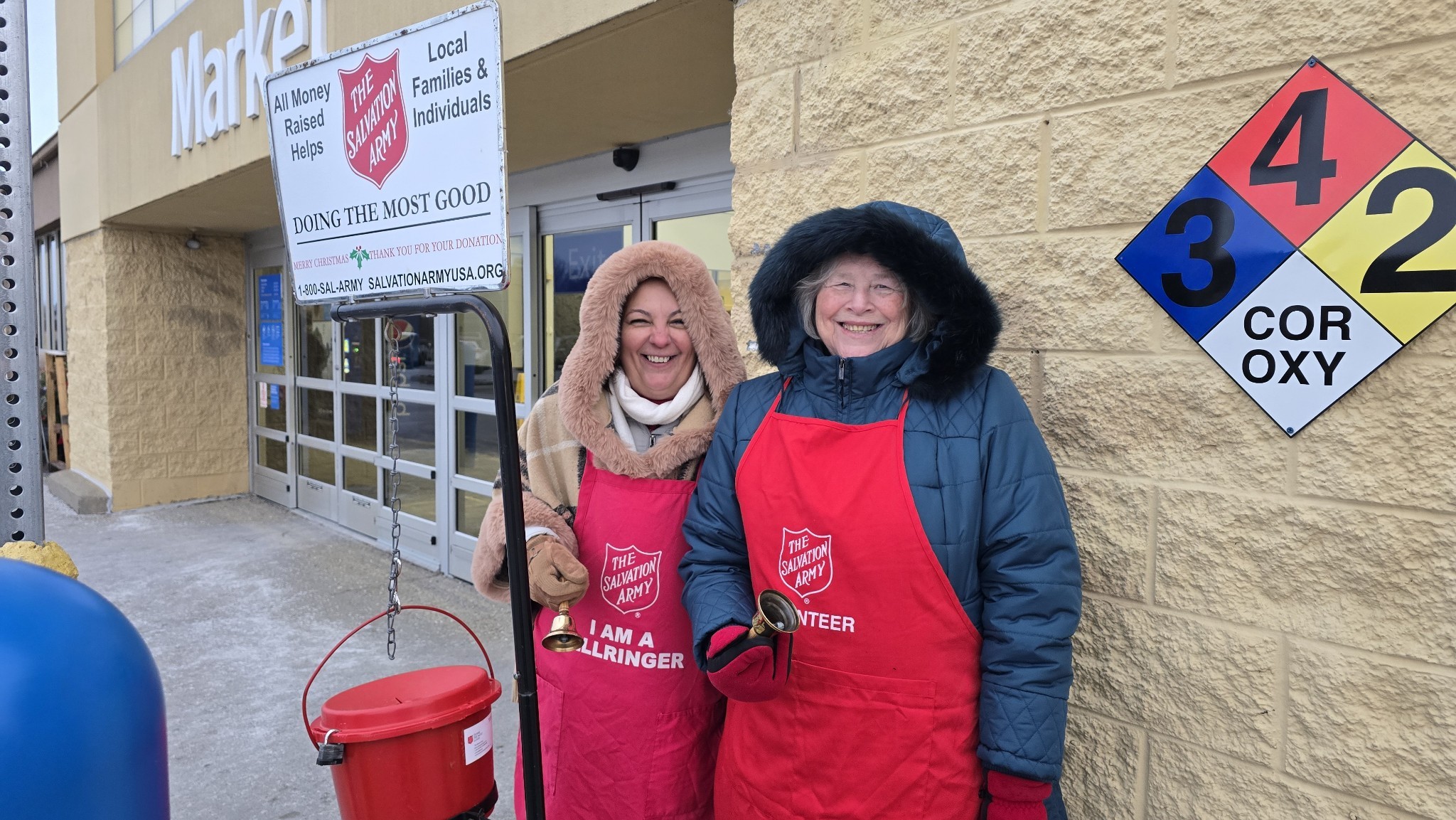The Internet has made banking, shopping and conducting financial transactions online very convenient.
But how safe are these transactions?
As with any online financial transaction, there is the potential for fraud. The Identity Theft Resource Center (ITRC) says its research shows that 87 percent of consumers who have made a purchase or bank transaction online in the past month are concerned about the safety of the personal identifying and financial information they transmit.
Microsoft’s Safety & Security Center offers six simple tips for safer online transactions:
- Defend your computer against Internet threats: Help protect your online transactions by using firewall, antivirus, and antispyware software. Encrypt your wireless connection at home. Keep all software (including your web browser) current with automatic updates.
- Create strong passwords: Strong passwords are easy for you to remember but difficult for others to guess. They are at least 14 characters long and include numbers, symbols, and upper and lower case letters. If you already have a password in mind, check your password strength. Use unique passwords for bank accounts and other important financial information. Avoid using the same password everywhere. If someone steals that password, all the information that the password protects is at risk.
- Find the web address yourself: Links in email messages, text messages, instant messages, or pop-up ads can take you to websites that look legitimate but are not. To visit websites, type the address yourself or use your own bookmark or favorite.
- Save financial transactions for your home computer: Never pay bills, bank, shop, or do other financial business on a public or shared computer or on devices such as laptops or mobile phones that are on public wireless networks. The security is unreliable.
- Use common sense: To protect yourself against fraud, watch out for scams. For example, be wary of deals that sound too good to be true, alerts from your “bank” that your account will be closed unless you take some immediate action, notices that you have won a lottery, or a refusal to meet in person for a local transaction.
- Look for signs that your information is safe: Before you enter sensitive data on a web page, ensure that: The site uses encryption, a security measure that helps protect your data as it traverses the Internet. Signs of encryption include a web address with https (“s” stands for secure) and a closed padlock beside it. (The lock might also be in the lower right corner of the window.)
Report scams, fraud, identity theft, or other abuse:
- To the web service, local police, and the bank, credit card company, or other financial institution.
- For identity theft in the United States, to the U.S. Federal Trade Commission (FTC) or call toll free: (877) 438-4338.
- For scams or fraud in the United States, to the FTC or call toll free: (877) 382-4357.
Topics
Member Discussion
Recent Articles
-
Realtors® Ring Bell for Salvation Army
- December 20, 2024
- 4 min. read
Realtors® from 15 local associations braved the cold weather on Friday, Dec. 6 to ring bells for the Salvation Army’s annual Red Kettle Ring Day.
-
6 Things to Consider When Choosing a Sofa
- December 19, 2024
- 4 min. read
A sofa can completely change the look and feel of your living room. Here are six things to consider when trying to choose the right one for your home, from interior design expert Sylvia James.
-
Realtors® Reveal: 3 Homeselling Preparations to Make
- December 18, 2024
- 3 min. read
Whether you’re selling your home or you’re a seller agent helping your client, here are three homeselling preparations from two Pennsylvania Realtors®.
Daily Emails
You’ll be the first to know about real estate trends and various legal happenings. Stay up-to-date by subscribing to JustListed.



